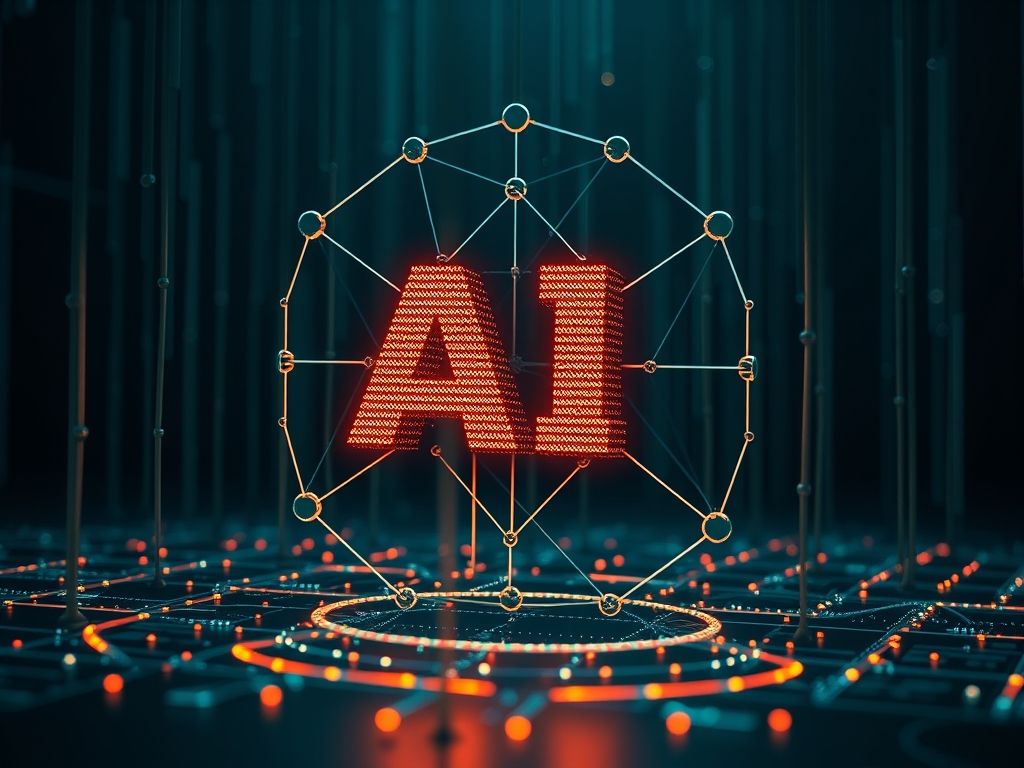Understanding AI Frameworks
AI Frameworks are essential software libraries or platforms that facilitate the development, training, and deployment of artificial intelligence (AI) models. They provide pre-built components, tools, and guidelines that streamline the process of creating AI applications. These frameworks enable developers, data scientists, and engineers to focus on their core tasks without getting bogged down by the intricate details of programming AI algorithms from scratch.
The Importance of AI Frameworks in Today’s Technology Landscape
In today’s ever-evolving technological landscape, AI frameworks play a critical role in accelerating innovation and enhancing productivity. By providing robust support for machine learning (ML), deep learning, and data processing, these frameworks allow organizations to harness the power of AI effectively. This is vital as businesses increasingly rely on data-driven insights to enhance customer experience, optimize operations, and gain a competitive edge.
Key Features of AI Frameworks
AI frameworks come with a variety of features that cater to the needs of developers and organizations:
- Modularity: Many AI frameworks are modular, allowing developers to use only the components they need, which can lead to more efficient development.
- Scalability: Frameworks are designed to handle large volumes of data and can scale according to the needs of the application.
- Community Support: Popular frameworks often have large communities, providing abundant resources such as tutorials, forums, and documentation.
- Interoperability: Many frameworks support multiple programming languages, making it easier for developers to integrate with existing systems.
Popular AI Frameworks and Their Use Cases
There are several widely used AI frameworks, each with its unique strengths and applications:
- TensorFlow: Developed by Google, TensorFlow is one of the most popular frameworks for building deep learning models. It is particularly effective for large-scale ML tasks and is widely used in research and production.
- Keras: Often used in conjunction with TensorFlow, Keras is a high-level neural networks API that simplifies the process of creating deep learning models. It is particularly friendly for beginners.
- PyTorch: Developed by Facebook, PyTorch is known for its flexibility and ease of use, making it a favorite among researchers and developers for prototyping and production.
- Scikit-learn: This framework is ideal for traditional machine learning algorithms and is widely used for data analysis and modeling tasks, especially in academic settings.
Applications of AI Frameworks in Real-World Scenarios
AI frameworks are used across various industries to solve complex problems:
- Healthcare: AI frameworks are used to analyze medical images, predict patient outcomes, and personalize treatment plans based on patient data.
- Finance: They help in fraud detection, risk management, and algorithmic trading by analyzing vast datasets in real-time.
- Retail: AI frameworks enable personalized shopping experiences, inventory management, and demand forecasting.
- Autonomous Vehicles: Frameworks support the development of AI algorithms for object detection, path planning, and decision-making in self-driving cars.
How to Choose the Right AI Framework for Your Project
Choosing the right AI framework is crucial for the success of your project. Here are some factors to consider:
- Project Requirements: Assess the specific needs of your project, such as the type of AI model, scalability, and data handling capabilities.
- Developer Expertise: Consider the skill level of your team. Some frameworks have steeper learning curves than others.
- Community and Support: A strong community can provide valuable resources and support, making your development process smoother.
- Performance: Evaluate the framework’s performance in terms of speed, efficiency, and resource management.
Practical Applications of AI Frameworks in Daily Work
Implementing AI frameworks in your daily work can significantly enhance productivity and innovation. Here’s how:
- Automating Tasks: Utilize AI frameworks to automate routine tasks, such as data entry or analysis, freeing up time for more strategic activities.
- Data Analysis: Use frameworks to analyze large datasets, uncovering insights and trends that can drive business decisions.
- Prototyping: Quickly prototype AI models to test ideas and iterate based on feedback, speeding up the development cycle.
- Collaboration: Leverage shared libraries and community resources to collaborate with peers and learn from others in the field.
Related Concepts and Technologies
AI frameworks are interconnected with several other important concepts in the field of artificial intelligence:
- Machine Learning: A subset of AI focused on algorithms that allow computers to learn from data.
- Deep Learning: A specialized area of ML that uses neural networks with many layers for complex tasks.
- Data Science: The interdisciplinary field that uses scientific methods, processes, and systems to extract knowledge from structured and unstructured data.
- Big Data: Refers to the vast volumes of data generated every day, which AI frameworks help manage and analyze.
Conclusion: The Future of AI Frameworks
In conclusion, AI frameworks are an indispensable tool for IT professionals, web developers, and programmers looking to leverage artificial intelligence effectively. By understanding their features, applications, and how to choose the right one for your project, you can enhance your productivity and innovate within your field. As technology continues to advance, staying informed about the latest developments in AI frameworks will be crucial for maintaining a competitive edge.
Take a moment to reflect on your current projects. How can you integrate an AI framework into your workflow to improve efficiency and outcomes? The possibilities are vast, and the right framework could be the key to unlocking your project’s potential.









